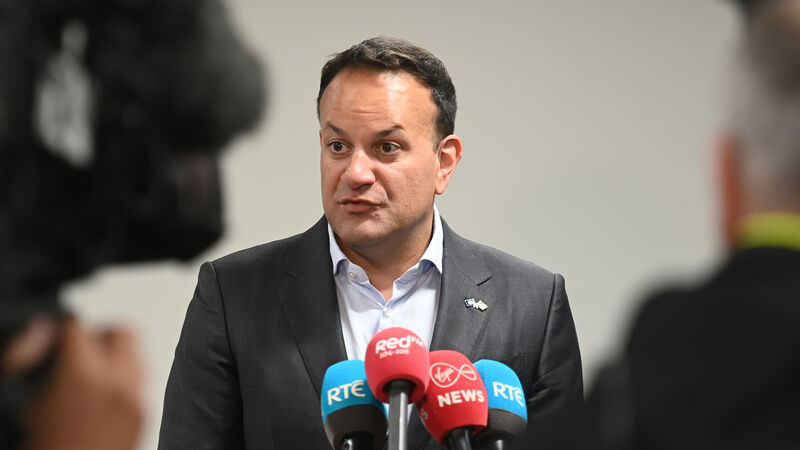Taoiseach: RTÉ must prove it deserves €55.5m bailout

Taoiseach Leo Varadkar said: 'We believe that the public won’t accept additional taxpayers' money being provided to RTÉ without a reform programme and one that’s being implemented.' Picture: Larry Cummins
RTÉ must prove it deserves a €55.5m bailout before any extra money is allocated, the Taoiseach has warned.
The State broadcaster has been plunged into a financial crisis with more than 131,000 households now expected to avoid paying the TV licence this year.













